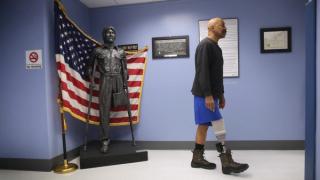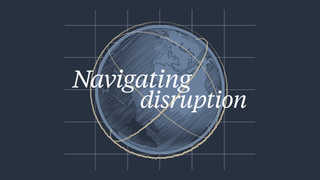In 2016, life expectancy at birth in the United States fell for the second year in a row. Since his inauguration in 2017, President Trump and his administration have taken a number of actions that arguably weaken America’s public health infrastructure.
At the same time, the United States remains one of the world’s great innovators. With 52 States and more than 89,000 local and city governments, the United States frequently functions as a social laboratory for social policies, and public health laws and practices. While constrained in some areas by its constitutional design, the United States remains a leader in global health: its influence and innovations in public health law cannot be ignored.
What can Australia learn from recent American experience with public health law and regulation? What are the good ideas?What should be avoided? How can Australian jurisdictions adapt the best American innovations and create an enabling legal and political environment for public health and wellbeing?
This seminar chaired by USSC CEO Simon Jackman featured presentations reviewing public health law and leadership in the United States.
Adjunct Professor Alexandra Phelan from Georgetown University Law School presented on 'Pandemic preparedness and health institutions in the United States'.
Professor Roger Magnusson from the University of Sydney Law School presented on 'US leadership (and not) in law and non-communicable diseases'.
And the keynote address was given by Professor Lawrence Gostin on the topic 'US public health and global health leadership (or not)'. Professor Gostin is the director of the WHO Collaborating Center on National and Global Health Law, Linda and Timothy O'Neill Professor of Global Health Law at Georgetown University Law School and Faculty Director of the O’Neill Institute for National and Global Health Law.








